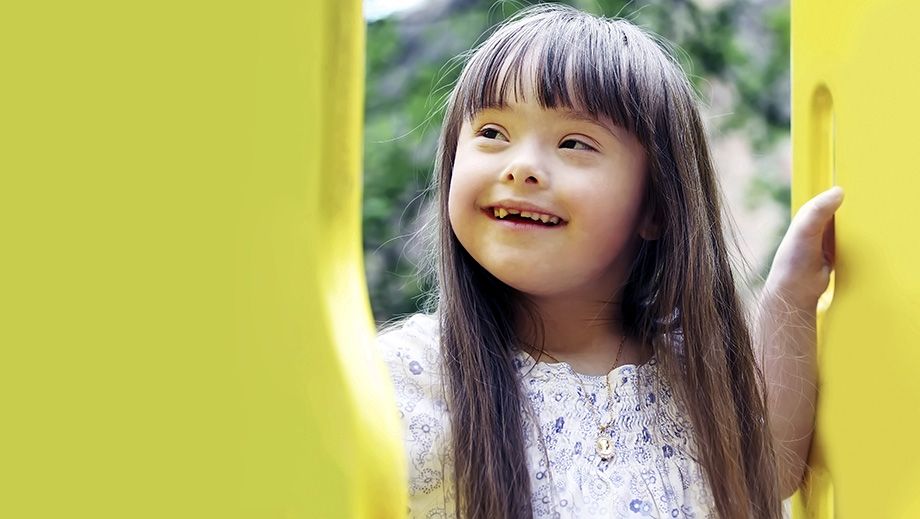
In 2021 in Bulgaria 27% of the total number of children in alternative care live in residential services. At the same time, data show that one in three of them is a child with disability. There is growing concern from the professional community that residential care for children with disabilities in any form, even in small group homes, is a violation of children's rights due to their accentuated vulnerability.
Although the Bulgarian State is purposefully developing kinship care, which is usually the most appropriate for children in need of protection, foster care remains necessary for children for whom this option is not possible. Unfortunately, however, only one in 10 children in foster care in Bulgaria gets to be a child with a disability. On the other hand, the development of foster care in general is stagnating (since 2015, the proportion of children aged 0-17 placed in foster care has increased by only 1.5%).
Over the last 12 years, more than 40 million BGN have been invested in foster care through EU funding, but its development continues to be accepted only as a project activity, without a long-term vision and strategy for development, without ensuring sustainability and security, professional development and support for foster parents and those involved in this process. This leads to their discouragement and the reduction of the scope of foster care observed in the last two years. These trends put at risk the implementation of the recommendations of the European Child Guarantee; the Deinstitutionalisation policies and the closure of the last 4 children's homes; the successful prevention of family separation and finding an alternative to placing children in residential care.